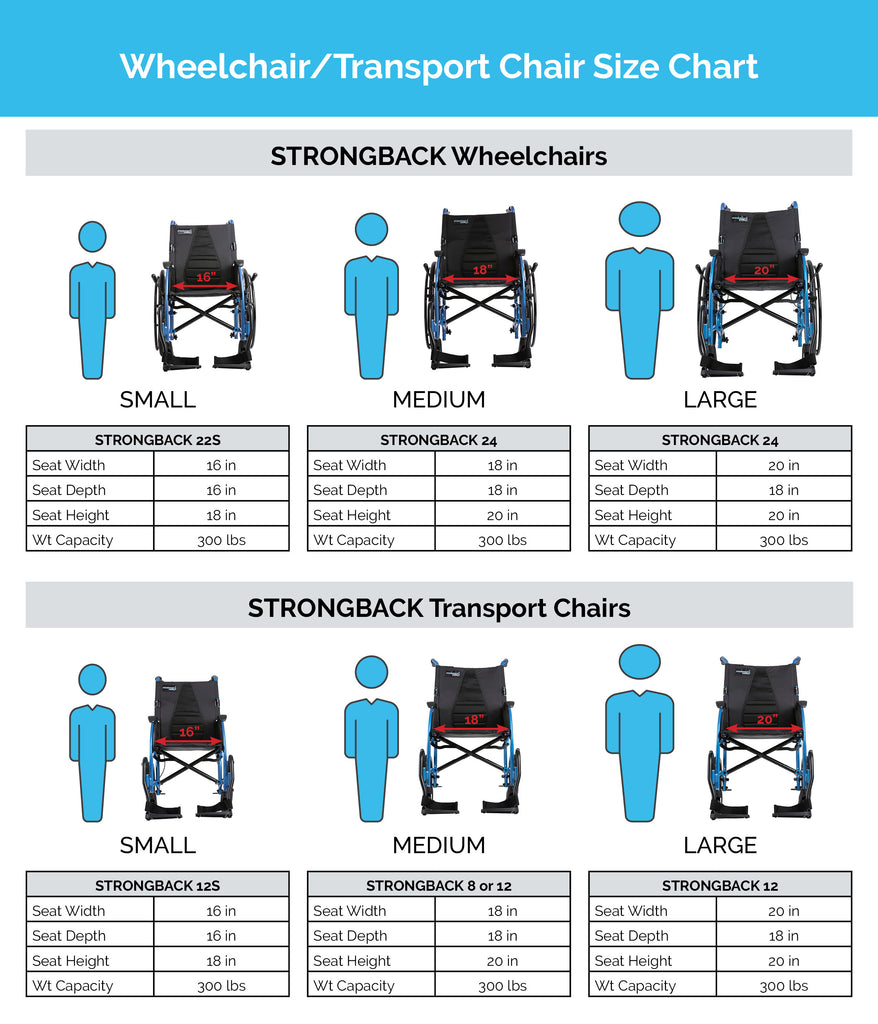Home Office Intensifies Asylum Restrictions: Focus On Three Nations

Table of Contents
Increased Scrutiny of Afghan Asylum Claims
The Home Office now demands substantially more robust evidence to support asylum claims from Afghanistan. This increased scrutiny significantly impacts the success rate of applications and raises concerns about the safety of those potentially deported.
Evidence Requirements: A Higher Bar for Afghan Asylum Seekers
Applicants must provide detailed and compelling evidence to substantiate their claims of persecution. This includes:
- Detailed accounts of personal experiences: Narratives must vividly describe interactions with the Taliban, highlighting specific instances of threat or violence.
- Specific evidence of threats or violence: This could include witness statements, medical reports documenting injuries, or photographic evidence of damage to property.
- Documentation proving past affiliations: If an applicant had affiliations with specific groups targeted by the Taliban, substantial documentation is required to support this claim.
- Verification from credible sources: Evidence must be corroborated by credible sources, such as international organizations like the UNHCR or reputable human rights groups. This added layer of verification significantly increases the difficulty of successful applications.
Rejection Rates Rise: Increased Deportation Risks for Afghan Asylum Seekers
The stricter evidence requirements have led to a dramatic increase in the rejection rate for Afghan asylum applications. This raises serious concerns about the potential deportation of individuals to a country where they face significant risks of harm or even death. Understanding the legal framework surrounding Afghan asylum claims is therefore paramount.
Impact on Vulnerable Groups: Disproportionate Impact of Stricter Policies
Women, religious minorities, and human rights activists face particularly heightened risks in Afghanistan and are disproportionately affected by the stricter asylum policies. These vulnerable groups often lack access to resources or the ability to secure the necessary documentation, leaving them particularly vulnerable to rejection and deportation. Access to legal aid and support networks becomes even more crucial in navigating the complexities of the asylum process under these intensified restrictions.
Syria: Shifting Focus from Active Conflict to Internal Displacement
The Home Office's approach to Syrian asylum claims has shifted, placing greater emphasis on the possibility of internal relocation within Syria, even in the face of ongoing conflict in certain regions.
Emphasis on Internal Relocation: A Challenging Assessment for Syrian Asylum Seekers
The Home Office now focuses on whether an applicant could find safety within Syria, regardless of the ongoing conflict in specific areas. This policy shift necessitates a nuanced understanding of the complex and ever-changing security situation within Syria itself. This assessment often overlooks the realities on the ground and the dangers faced by those who may attempt internal relocation.
Challenges in Proving Internal Risk: The Difficulty of Demonstrating Unsurmountable Risks
Asylum seekers face significant challenges in proving that returning to specific areas within Syria would present insurmountable risks. The internal situation is incredibly complex, with varying levels of security and risk across different regions. Independent verification of safety within specific areas of Syria becomes crucial but incredibly difficult to obtain.
Legal Challenges and Appeals: Fighting for Recognition of Ongoing Risks
Many individuals are challenging these decisions in court, arguing that the Home Office's assessment of internal safety is inadequate and fails to account for ongoing security risks and threats in various parts of Syria. This highlights the ongoing struggle for fair and accurate assessments of asylum claims.
Eritrea: Focus on Military Service and Human Rights Abuses
For Eritrean asylum seekers, the Home Office's scrutiny centers on national service and the human rights abuses associated with it.
National Service as a Basis for Asylum: Scrutinizing the Nature of Eritrean National Service
While national service is compulsory in Eritrea, the Home Office is carefully scrutinizing whether this constitutes grounds for asylum. The focus is on the abusive and indefinite nature of this service, often characterized by forced labor, human rights violations, and restricted freedoms.
Specific Evidence of Persecution: The Need for Detailed Accounts of Abuse
Applicants need to provide detailed evidence of human rights abuses experienced during national service. This could include accounts of physical violence, forced labor, restrictions on movement and communication, and other forms of persecution. The level of detail and supporting evidence required has significantly increased.
Challenges in Gathering Evidence: Obstacles in Documenting Persecution
Gathering sufficient evidence is incredibly challenging for Eritrean asylum seekers due to the secretive nature of the national service system and the severe restrictions on communication from within the country. This makes it exceptionally difficult to meet the Home Office’s heightened evidentiary requirements.
Conclusion: Navigating the Intensified Asylum Restrictions
The Home Office's intensified asylum restrictions significantly impact asylum seekers from Afghanistan, Syria, and Eritrea. The increased scrutiny, stricter evidence requirements, and shifts in policy focus present immense challenges for those seeking refuge in the UK. Understanding these changes and the specific legal frameworks is crucial for individuals navigating the asylum process and for those advocating for fair and humane treatment of refugees. To learn more about your rights and the current status of asylum applications under these Home Office Intensifies Asylum Restrictions, consult with an immigration lawyer specializing in asylum law. Staying informed about changes to asylum policy is critical in protecting the rights of those seeking refuge.

Featured Posts
-
 Queen Elizabeth 2s Stunning Makeover A Look Inside The 000 Guest Ship
May 10, 2025
Queen Elizabeth 2s Stunning Makeover A Look Inside The 000 Guest Ship
May 10, 2025 -
 The Crucial Role Of Middle Managers In Driving Business Results And Employee Engagement
May 10, 2025
The Crucial Role Of Middle Managers In Driving Business Results And Employee Engagement
May 10, 2025 -
 Tech Billionaires And The Trump Inauguration A 194 Billion Loss And Counting
May 10, 2025
Tech Billionaires And The Trump Inauguration A 194 Billion Loss And Counting
May 10, 2025 -
 Turkish Mayors Social Media Account Blocked After Opposition Outcry
May 10, 2025
Turkish Mayors Social Media Account Blocked After Opposition Outcry
May 10, 2025 -
 Navigating The Elizabeth Line A Wheelchair Users Guide To Gap Safety
May 10, 2025
Navigating The Elizabeth Line A Wheelchair Users Guide To Gap Safety
May 10, 2025
